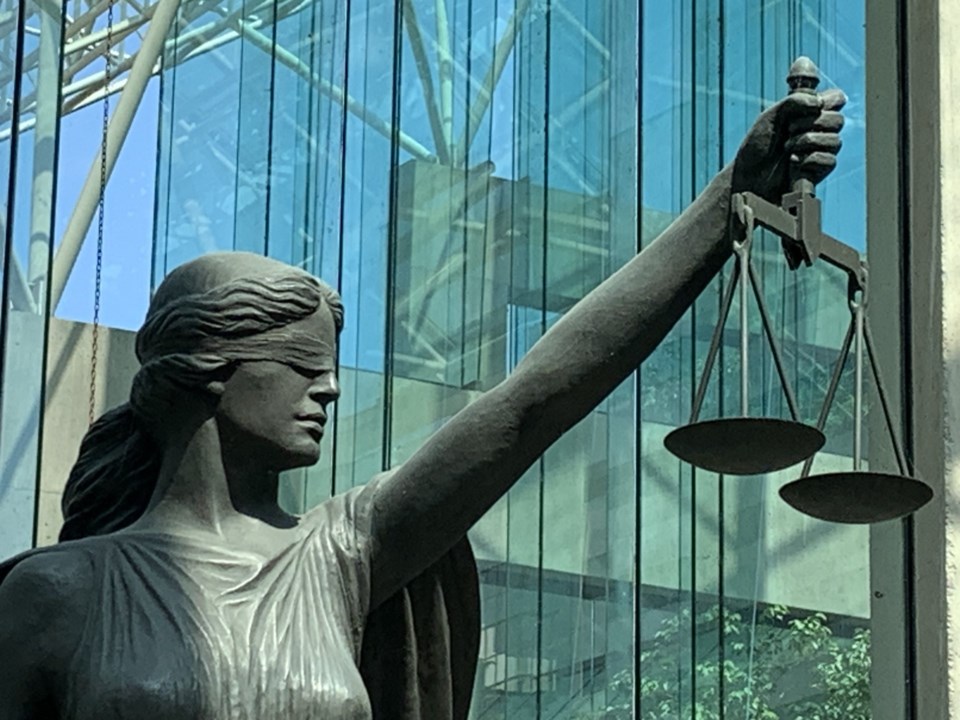A B.C. Supreme Court judge has rejected the appeal of a woman ticketed at the U.S. border for not having a quarantine plan in place when she returned to Canada in June 2022.
Nithya Geetapriya Ananda, a.k.a. Joanna Lasoka, was fined $5,750. The penalty was later reduced to $1,500.
In a Feb. 8 ruling, Justice Matthew Taylor said Lasoka’s conviction and sentence arose from a ticket and fine issued to her at the Canadian border on June 21, 2022 when re-entering Canada from the United States. She failed to provide her quarantine plan or contact information via the ArriveCan mobile application.
Taylor said at the time Lasoka crossed, there were federal government measures in place relating to the spread of COVID-19.
One of those requirements was to provide a suitable quarantine plan or contact information by electronic means specified by the Minister of Health before entering Canada, Taylor said.
At that time, travellers were required to provide that information by downloading ArriveCan onto a phone or computer and filling out the information requested before entering Canada. In the event that downloading ArriveCan was not possible, there were alternative options available at the border to provide a suitable quarantine plan or contact information.
Taylor said Lasoka declined to download or fill out ArriveCan, despite being warned by a customs officer that she would be fined if she declined to do so.
As a result, she was issued a ticket; the initial $5,750 fine was reduced after the judge heard evidence of Lasoka’s financial situation.
At trial, Taylor said, Lasoka called no evidence but claimed her rights under the Canadian Bill of Rights had been breached. Those rights include the right to life, liberty, security of the person and enjoyment of property, and the right not to be deprived thereof except by due process of law; and the right of the individual to equality before the law and the protection of the law.
Though it is still in effect, the Bill of Rights was superseded by the Charter of Rights and Freedoms in 1982.
Taylor said the provincial court trial judge noted Lasoka had made not arguments to support her Bill of Rights claim. Still, he said Lasoka argued her equality-before-the-law right was violated because the Quarantine Act differentiates between vaccinated and unvaccinated people, thereby creating inequality.
“In particular, the provincial court judge noted, the appellant had not specified at trial whether she was vaccinated or unvaccinated or whether the alleged inequality related to either status, nor had she specified whether and how ArriveCan was relevant at all to vaccination status,” Taylor said.
Taylor said the trial judge had made no errors — apart from an arraignment error which was soon remedied — and dismissed the appeal.


